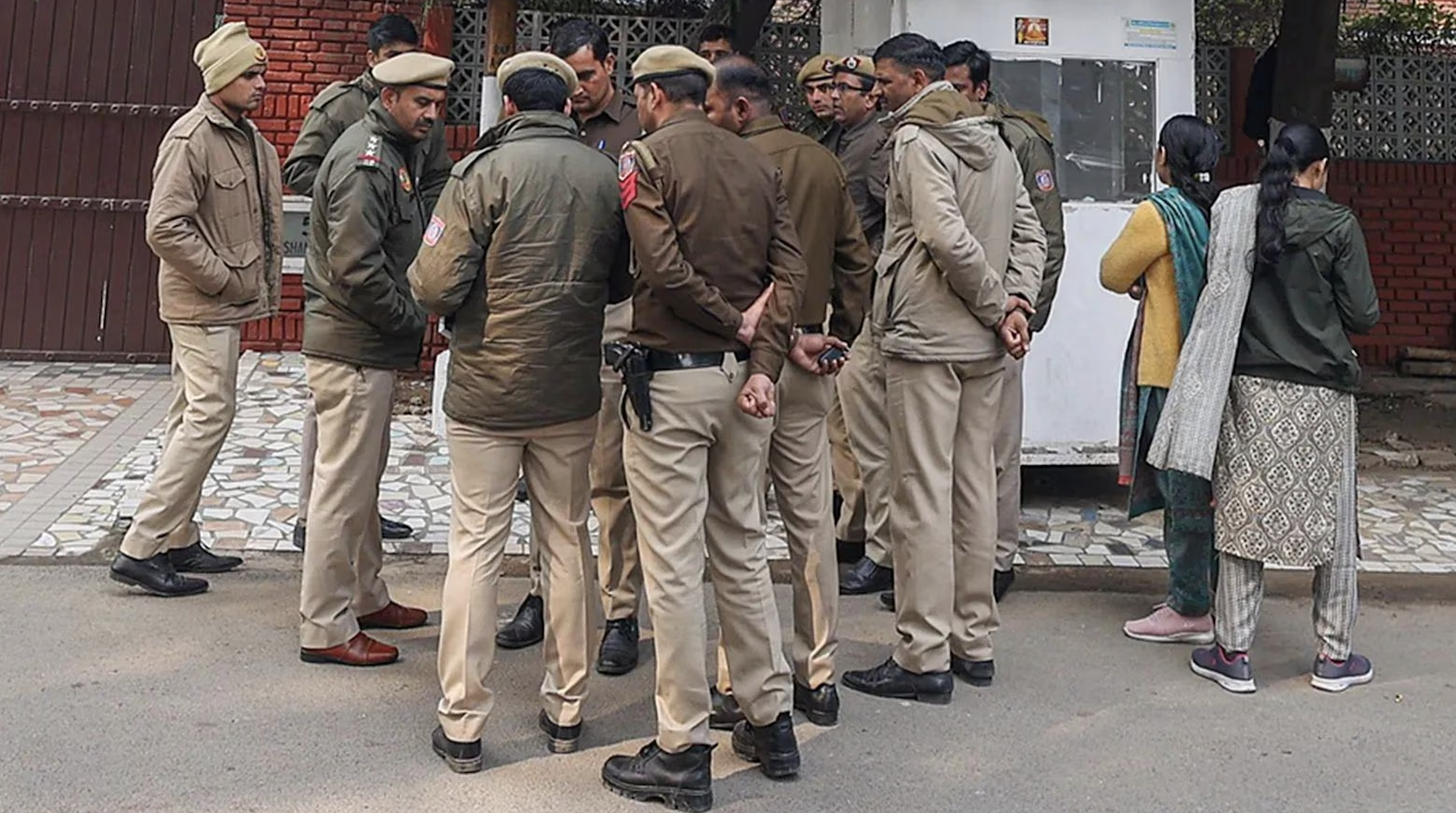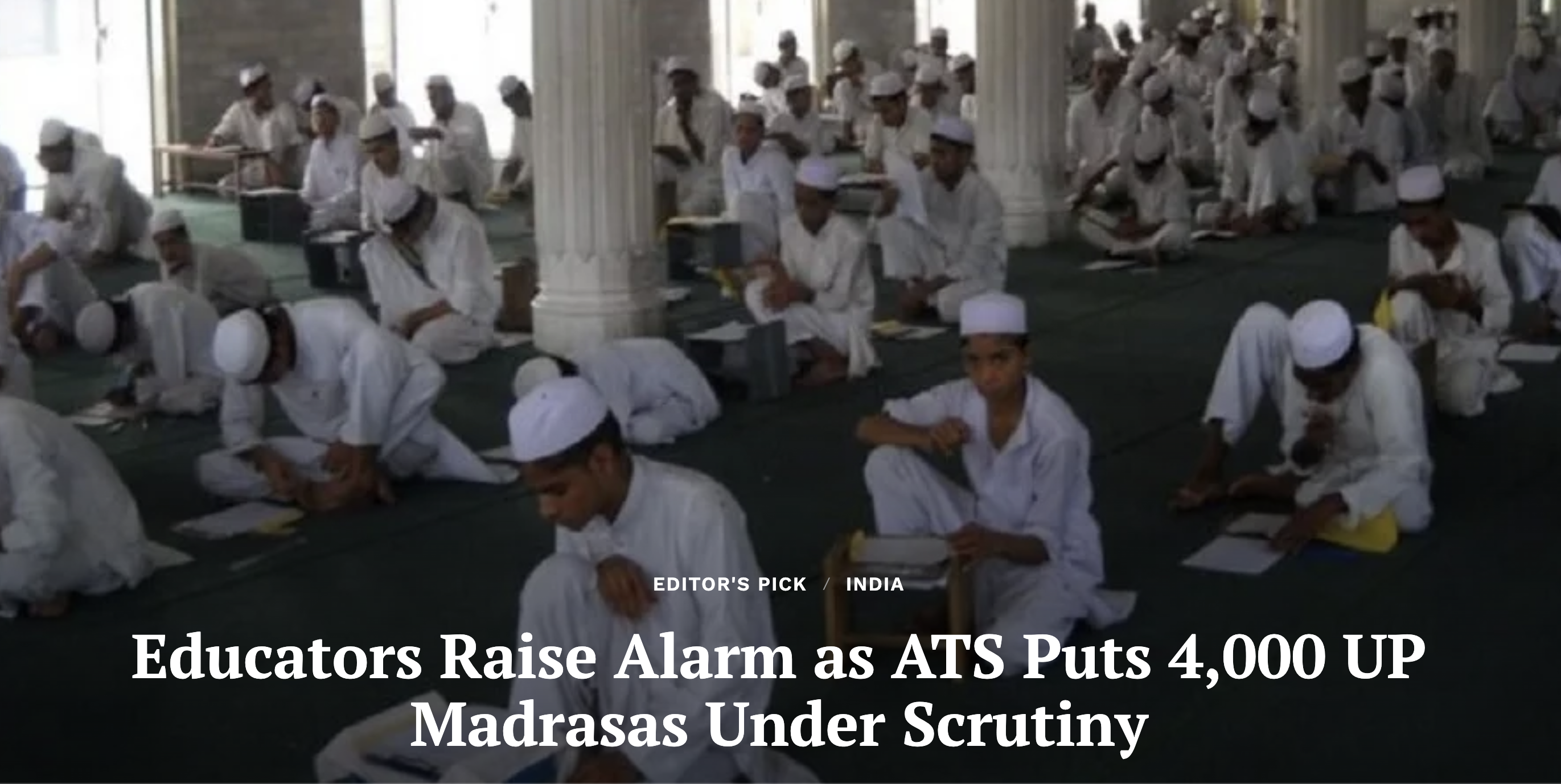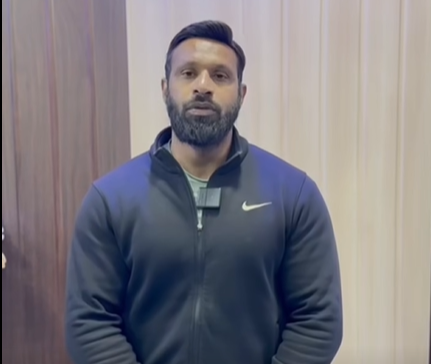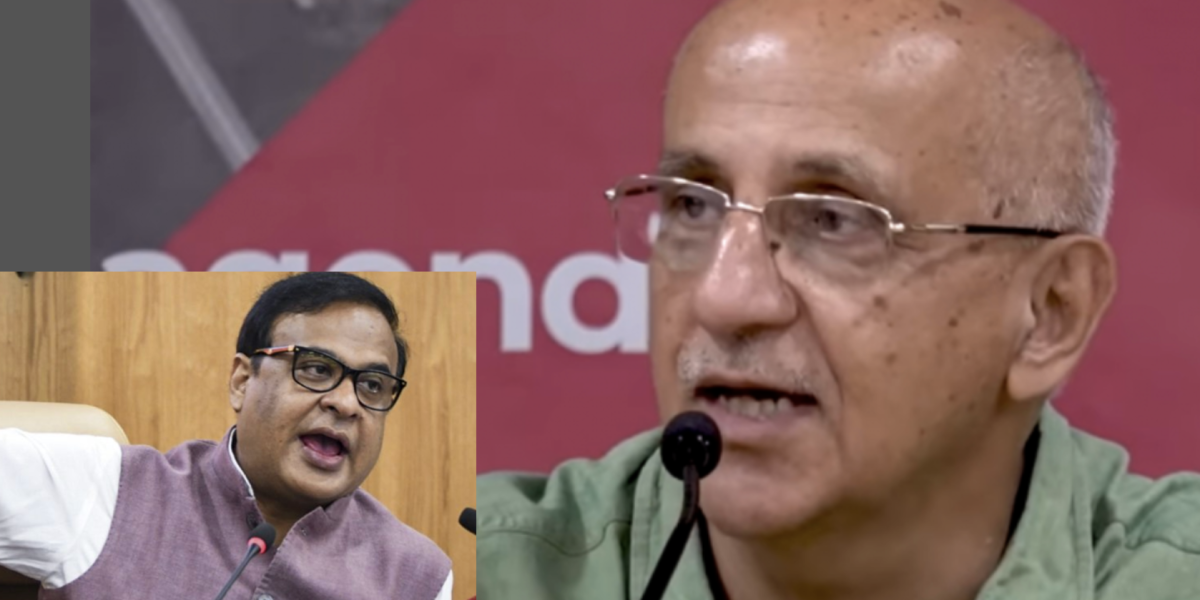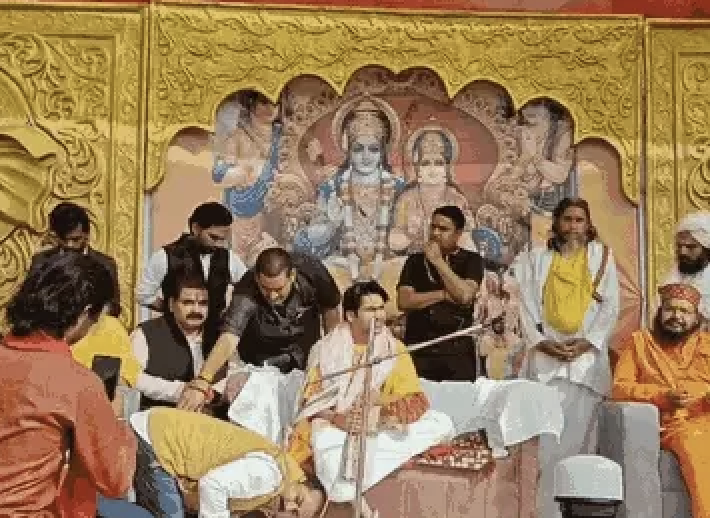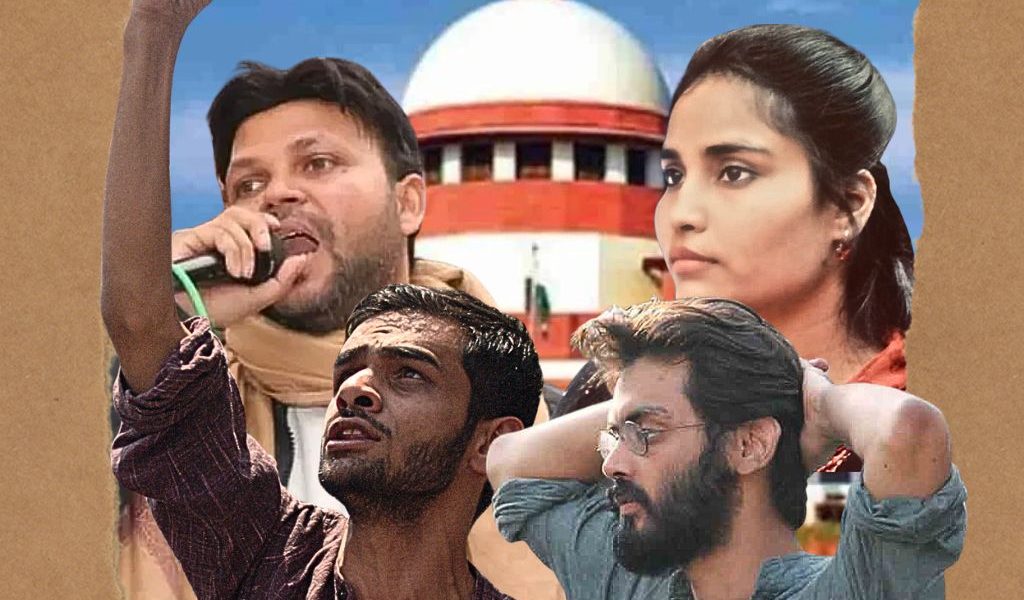
New Delhi: The Supreme Court today took a dim view of the Delhi Police’s failure to respond to the bail pleas of Umar Khalid, Sharjeel Imam, Gulfisha Fatima and Meeran Haider in the controversial ‘larger conspiracy’ case of the 2020 northeast Delhi riots. All four have been in jail for upwards of five years at this point.
Additional solicitor general Suryaprakash V. Raju asked for time to file a counter affidavit, leading the bench of Justices Aravind Kumar and N.V. Anjaria to say that the police had had enough time to reply and that in bail matters, especially, there is no situation where a counter appeal is filed.
“Last time, if you remember, we said in open court that we will hear the matter on [October] 27 and we will dispose it off. Frankly speaking, in bail matters there is no question of filing counter,” Justice Kumar said, according to a LiveLaw post on X.
The Supreme Court bench also noted that five years have passed during which the appellants have been in jail.
LiveLaw reported Justice Kumar as having said, “You file counter. But, we will not give you two weeks.” When ASG asked for one week, the bench was still reluctant.
“On Friday, you ensure you have proper instructions…we will hear it. See if you can Mr Raju…if something can be done…this is only about consideration of bail. See, five years are over already,” Justice Kumar said, according to Bar and Bench.
Senior advocates Kapil Sibal and C.U. Singh represented Khalid, Abhishek Manu Singhvi, Fatima, and Siddharth Dave, Imam. All four stressed on the enormous period of waiting that the individuals have undergone while incarcerated.
Khalid and others have moved apex court against the Delhi high court’s September 2 order denying them bail. A division bench of Justice Naveen Chawla and Justice Shalinder Kaur dismissed all appeals by the four and also Athar Khan, Khalid Saifi, Mohammad Saleem Khan, Shifa ur Rehman, and Shadab Ahmed. Legal experts described this verdict as a “monument to infamy.”
These activists’ time in jail have been marked by multiple appeals and subsequent postponements and rejections by courts, in what rights defenders worldwide have decried as a travesty of justice.
This story was originally published in thewire.in. Read the full story here.


